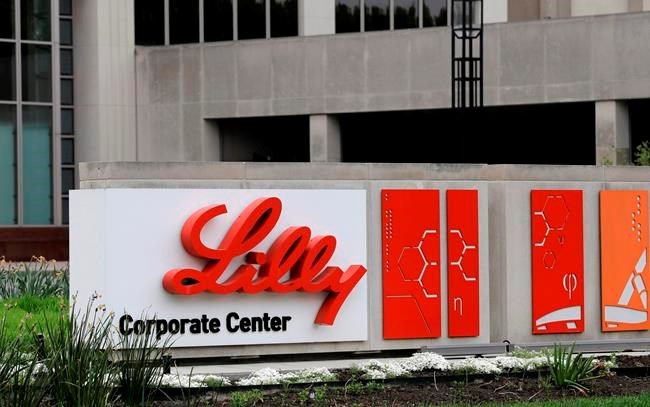VANCOUVER — The B.C. Ministry of Health has come under fire for rejecting a COVID-19 drug treatment engineered in Vancouver that has been approved for use by Health Canada.
In a prepared statement, U.S. pharmaceutical company Eli Lilly claimed the ministry of health “came to this decision after a limited appraisal of a manuscript from a single phase 2 trial as accepted for publication by the [New England Journal of Medicine].”
“It was not a complete evaluation of the trial, it was not a complete assessment of the clinical program for bamlanivimab, and no contact was made with Lilly seeking additional information prior to its publication.”
Bamlanivimab is an antibody drug developed using technology from AbCellera Biologics that allows hundreds of thousands of tests to occur simultaneously to identify a virus protein, in this case COVID-19.
The drug was approved for use in the U.S. and Canada last November, and since then Eli Lilly has shipped over 17,000 doses to other parts of Canada. No shipments have been made to B.C. The federal government has ordered 26,000 doses so far.
The ministry of health claims there is little published evidence of the clinical benefits of bamlanivimab and very limited safety data. The ministry also says that there are many challenges in using the drug because it has to be given intravenously.
It is recommended the drug be given to people who are COVID sick and at risk of being placed on a respirator. The treatment takes about an hour.
Eli Lilly says it has data to prove that when the drug is given in the early course of the disease it can help patients “clear the virus and reduces COVID-related hospitalizations.”
“While we acknowledge the early nature of the data, the use of bamlanivimab in Canada has been authorized by Health Canada under an Interim Order that was implemented with the express intent of expediting the availability and use of medicines to treat and prevent COVID-19.
“Now, with this medicine authorized for use in Canada and with supplies of this medicine now available for patients who need it, the fact that B.C.’s health care system has chosen not to use it is particularly disappointing … We hope the province will work quickly to revisit their decision.”
Health Canada has not yet returned a call asking where in Canada the drug was being used.
The use of bamlanivimab is being reviewed by the B.C. Remdesivir Review and Advisory Working Group.
The B.C. Ministry of Health has also refused to activate the COVID smartphone alert in B.C., despite a recommendation from the federal government.



